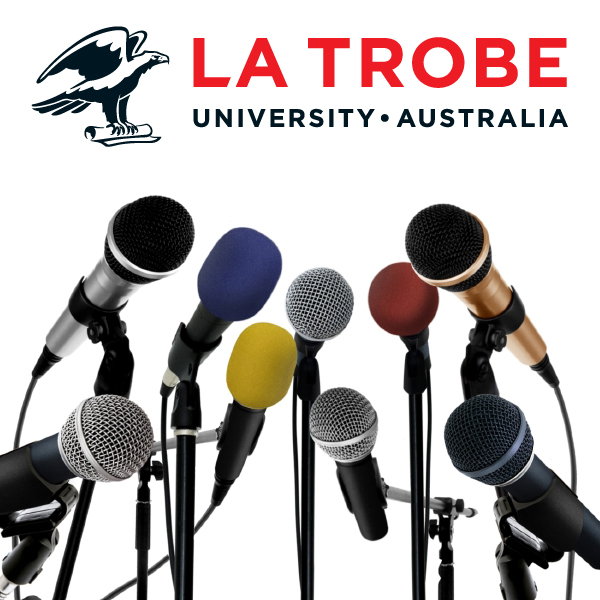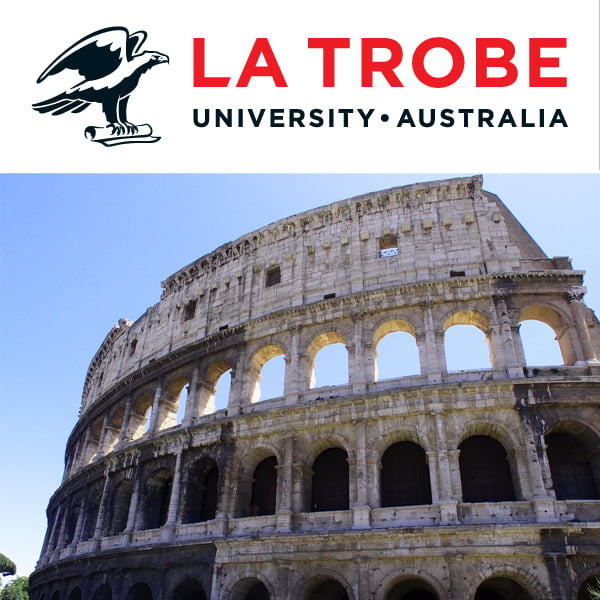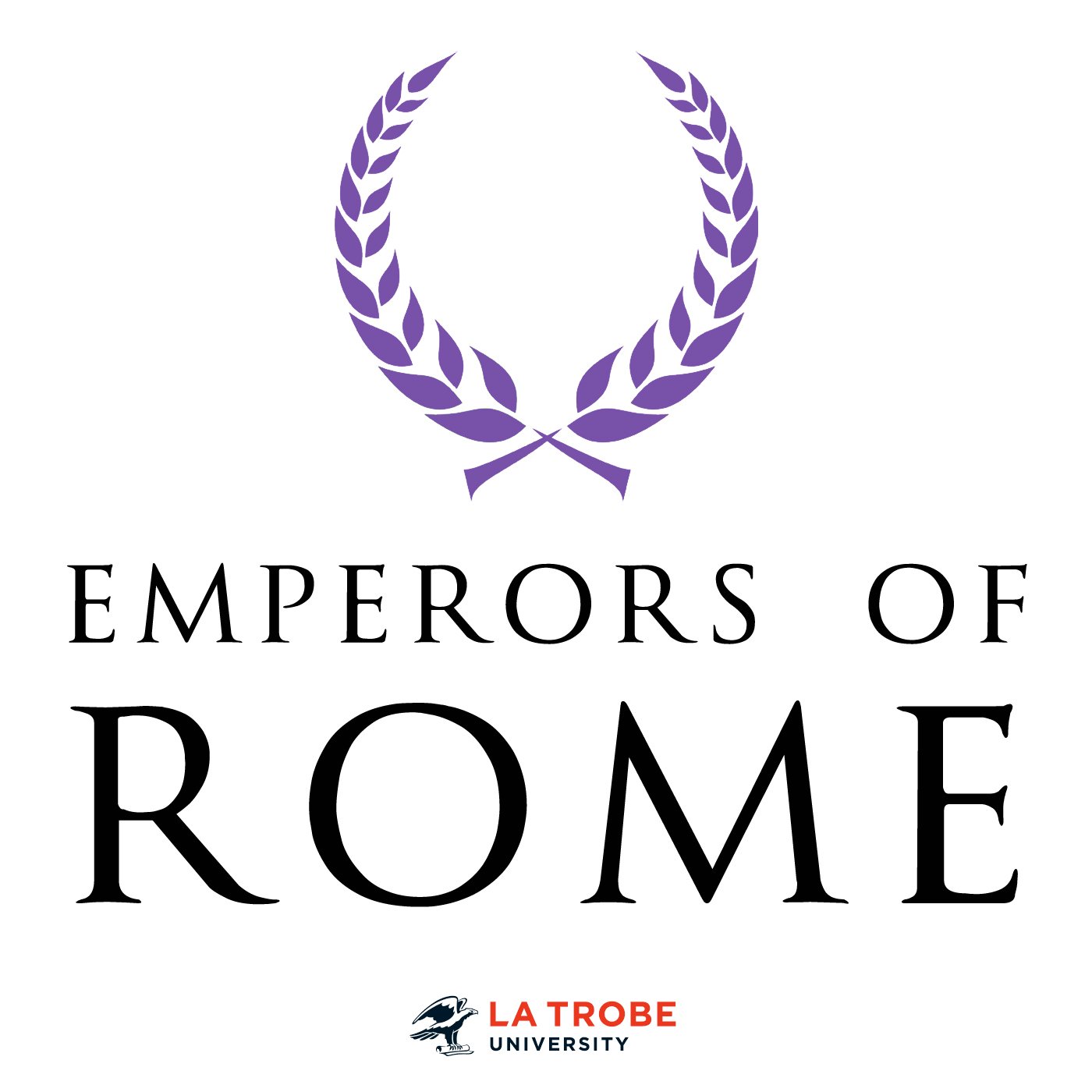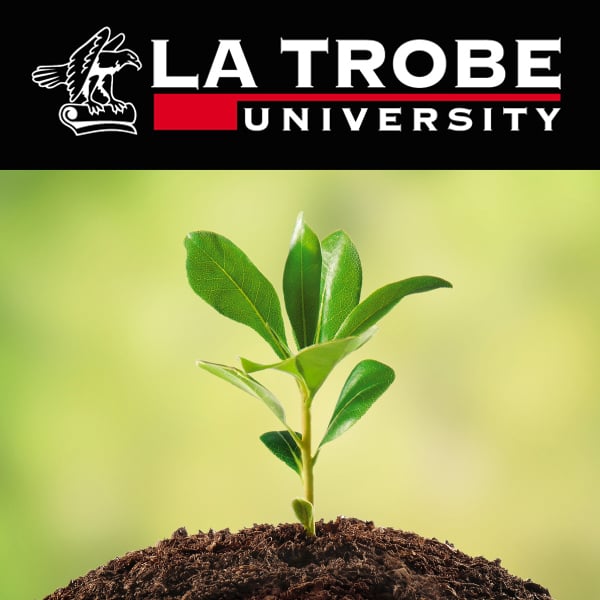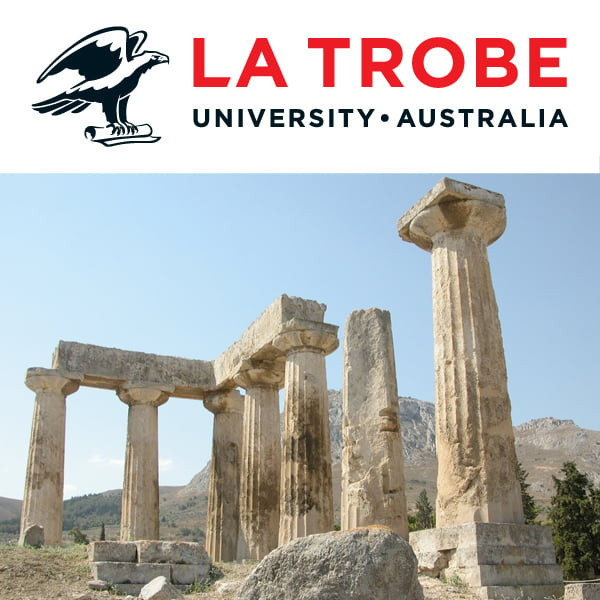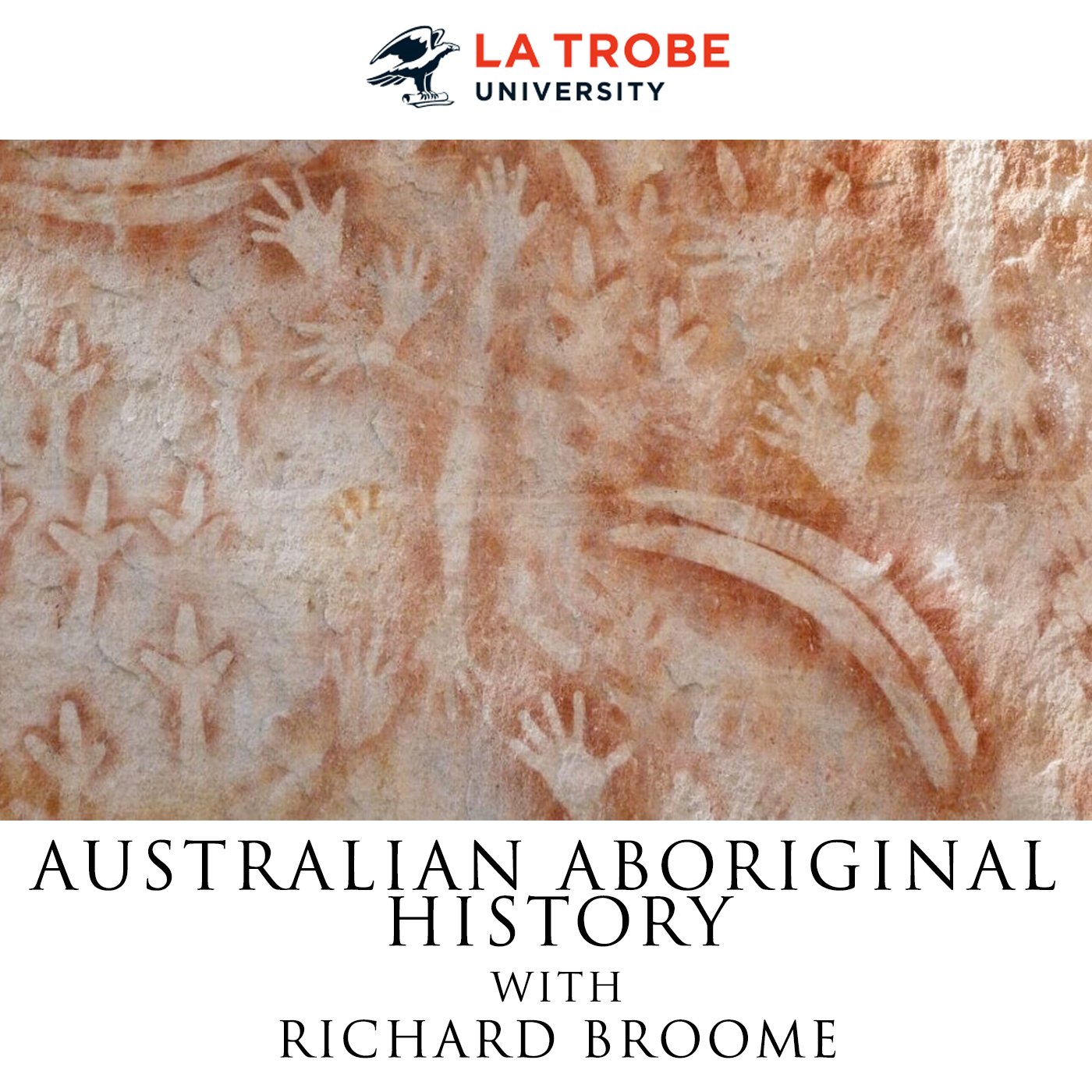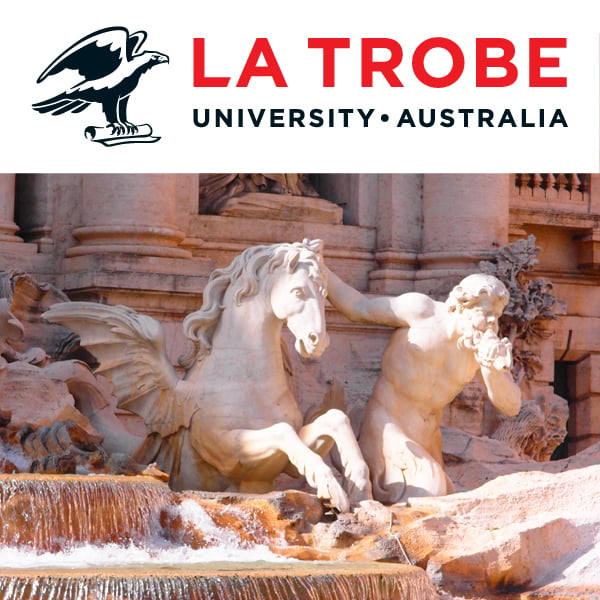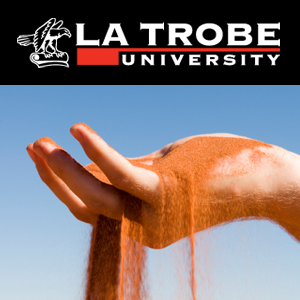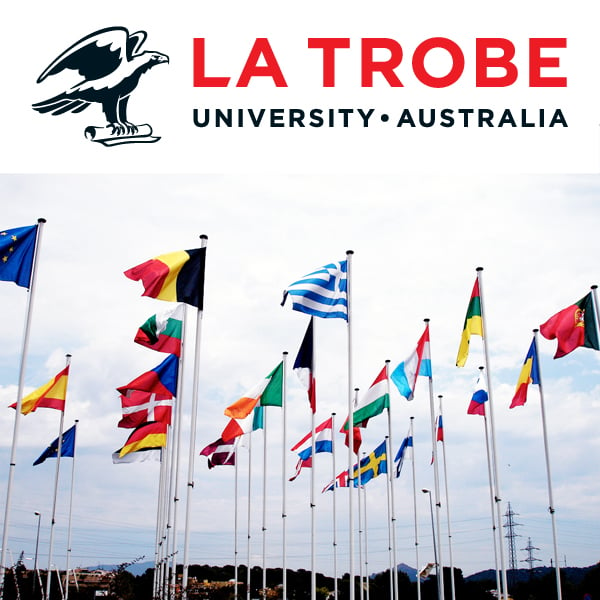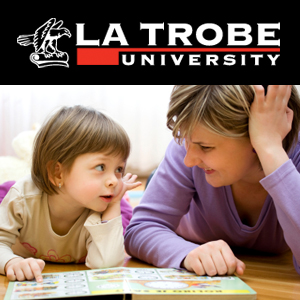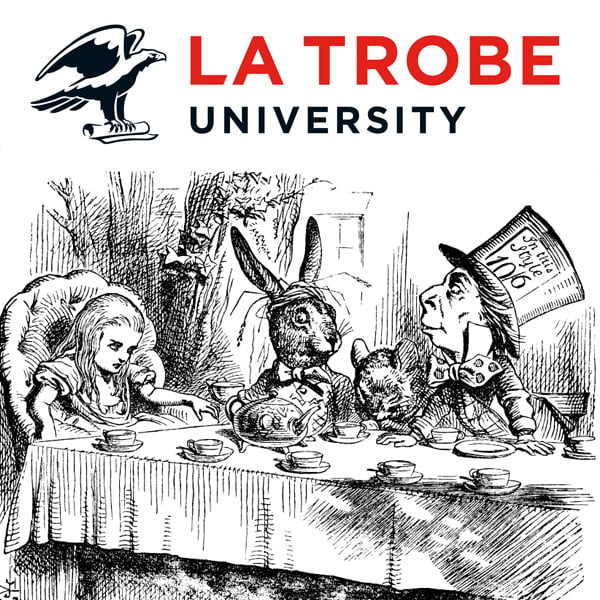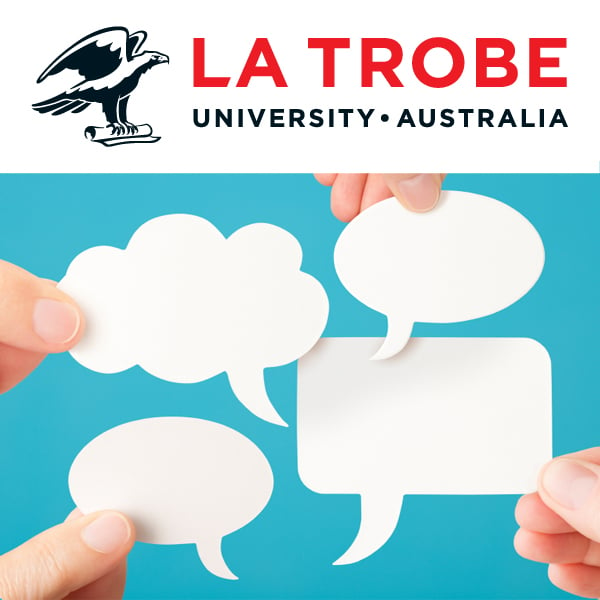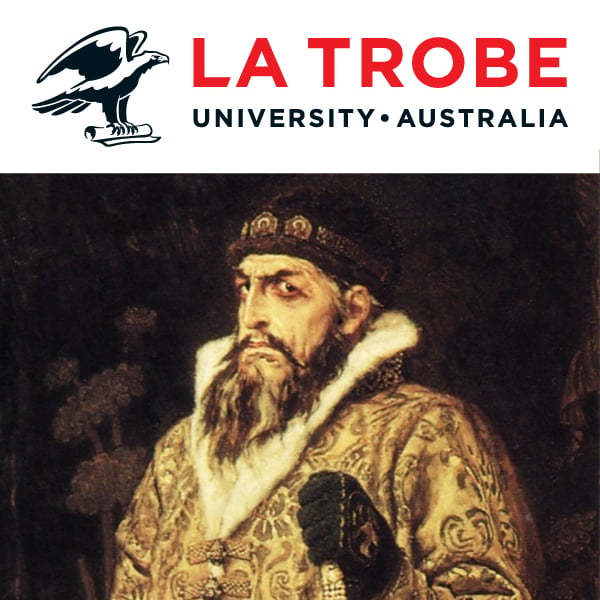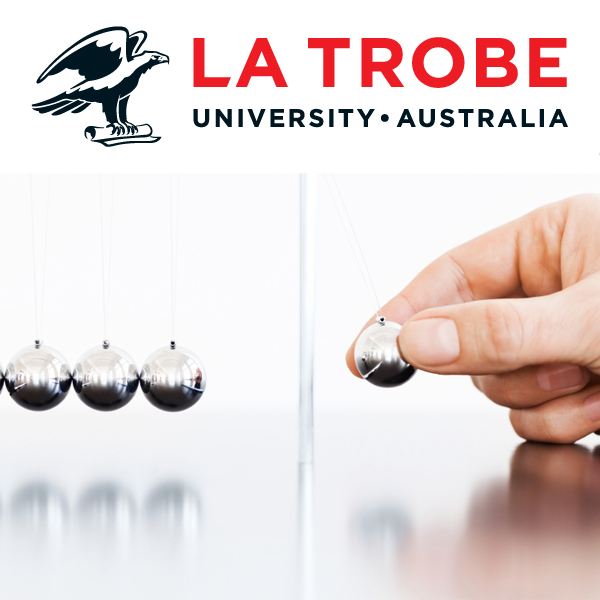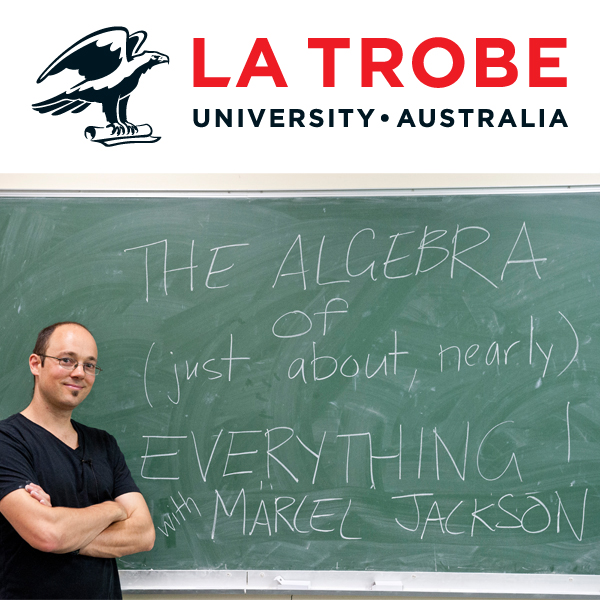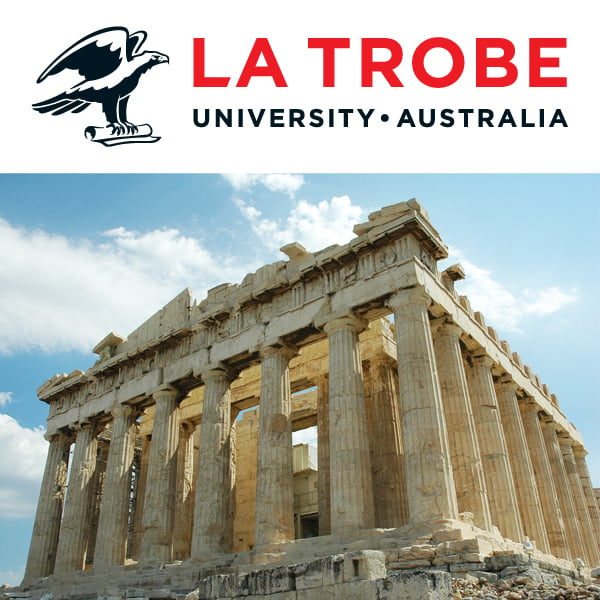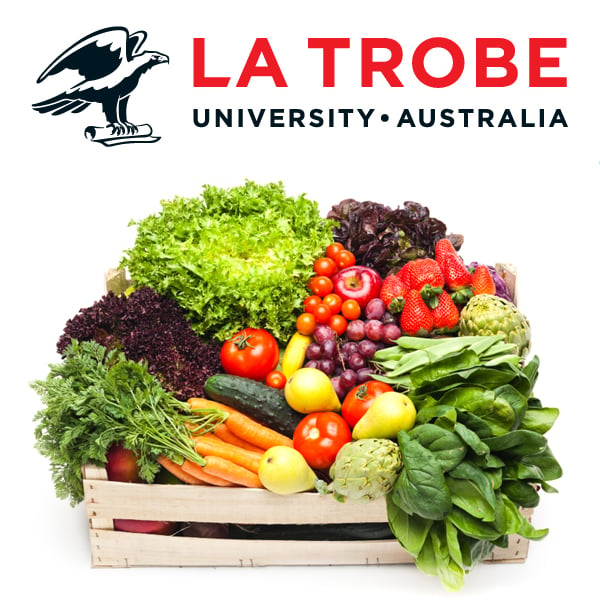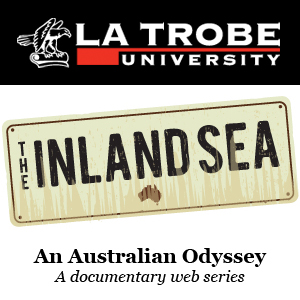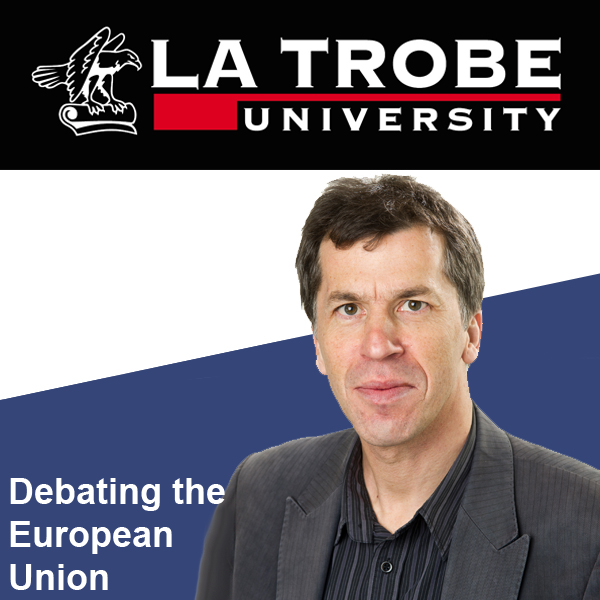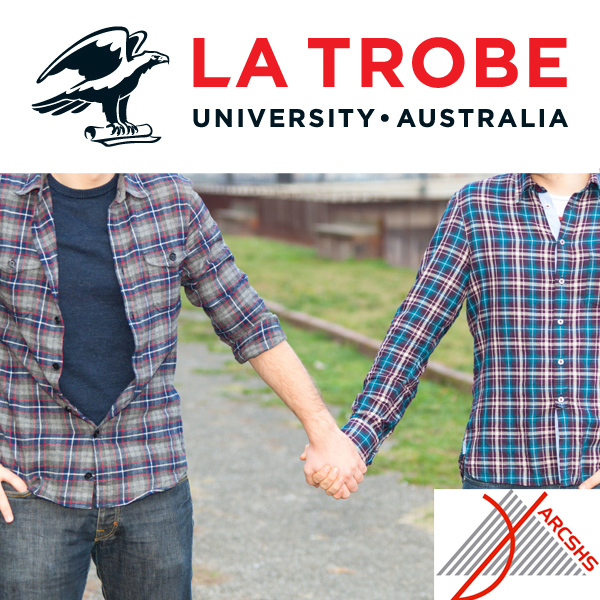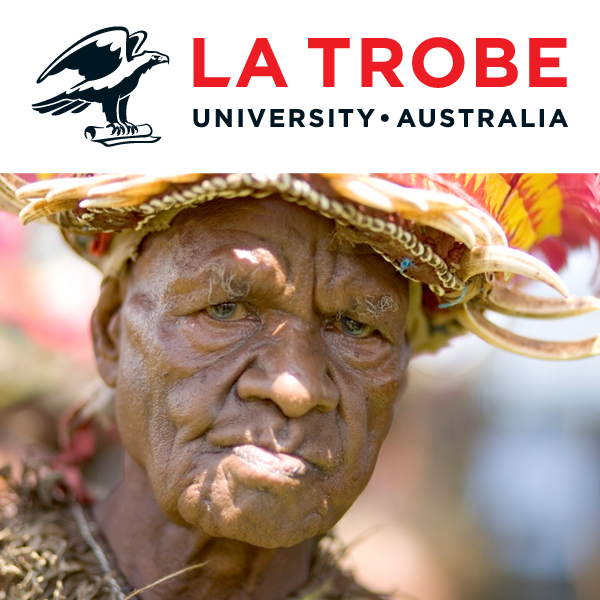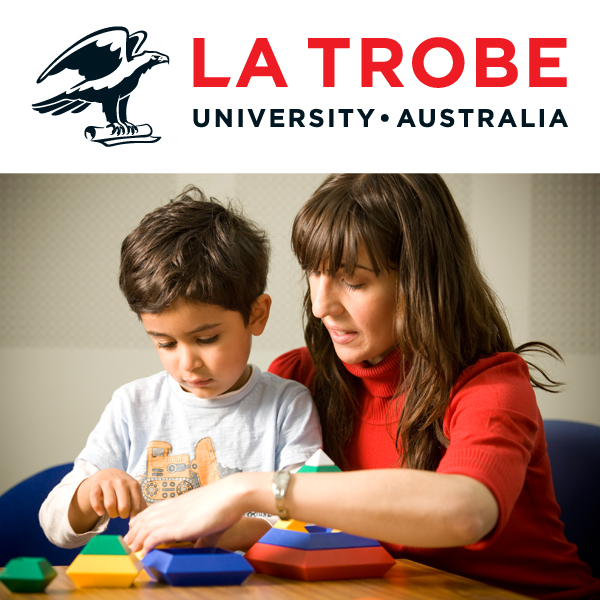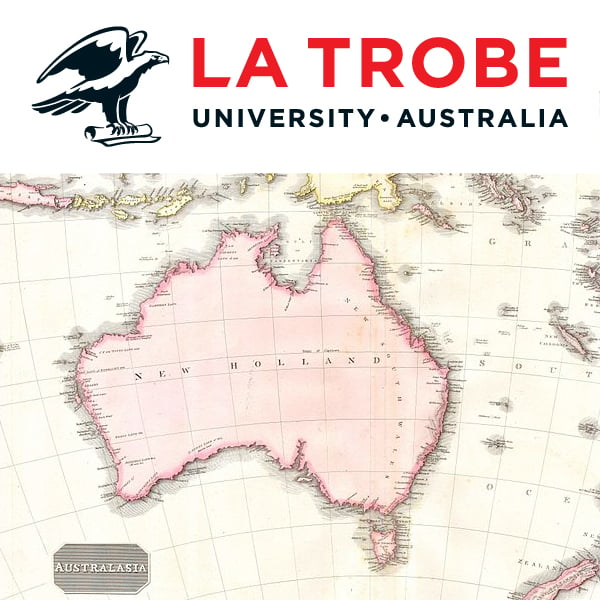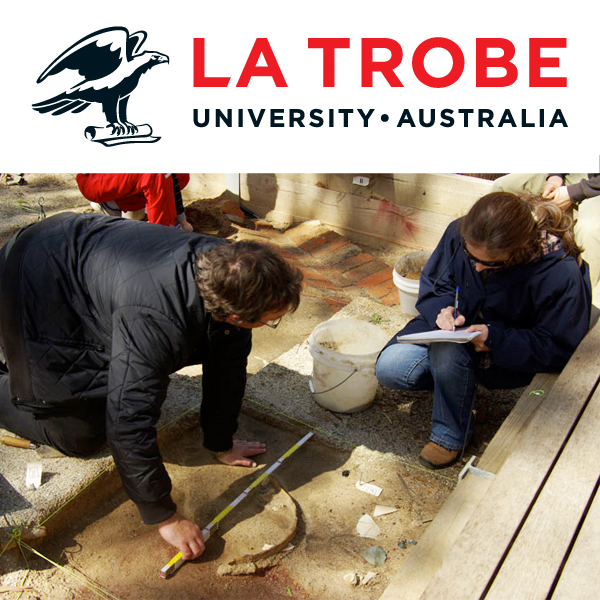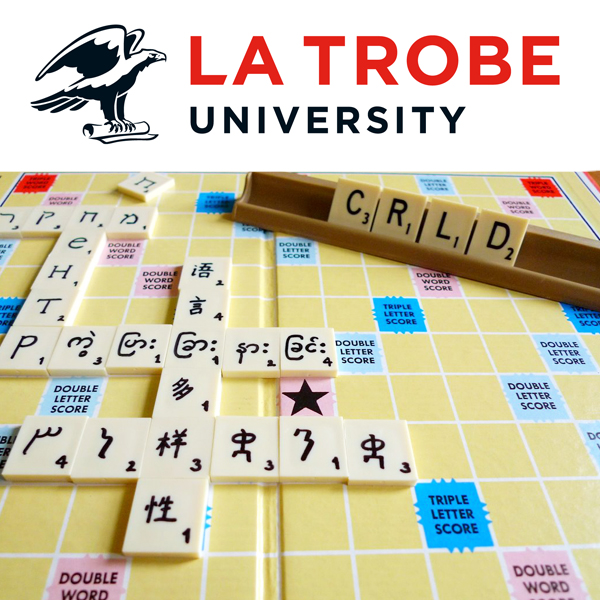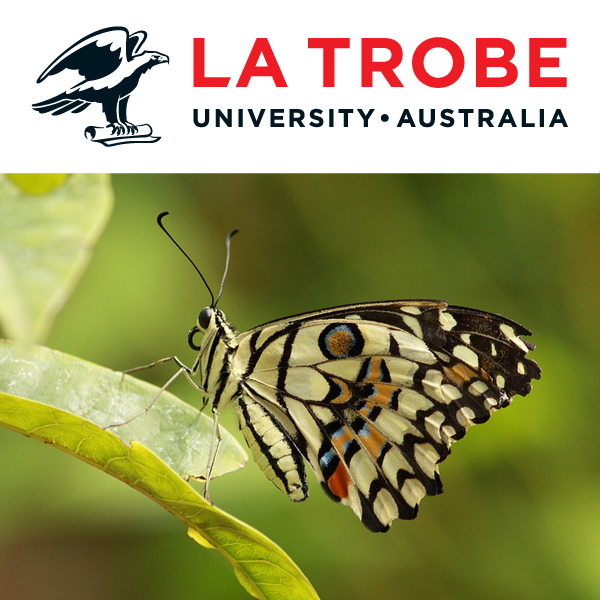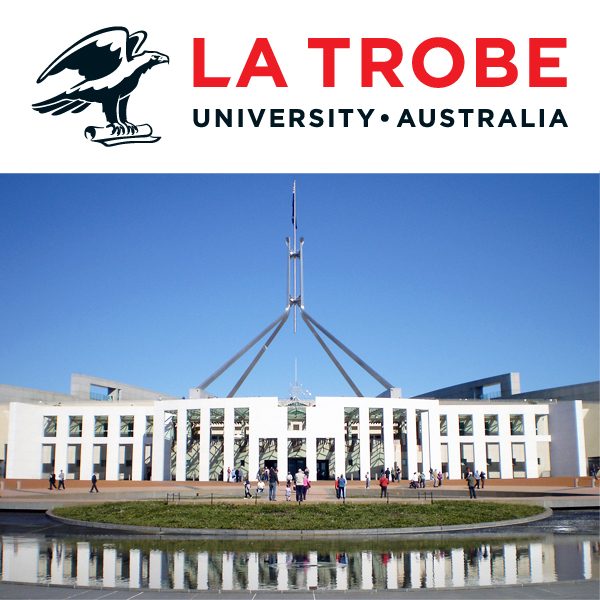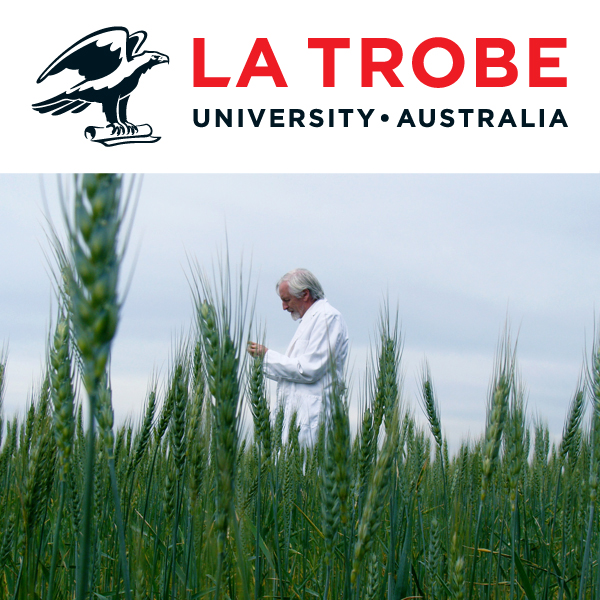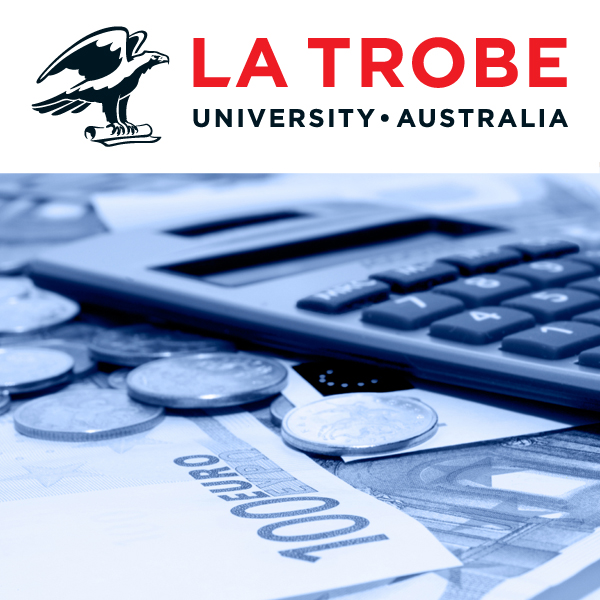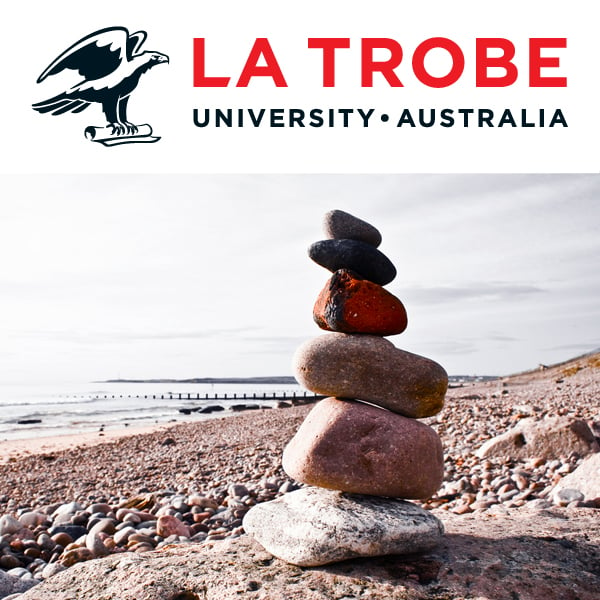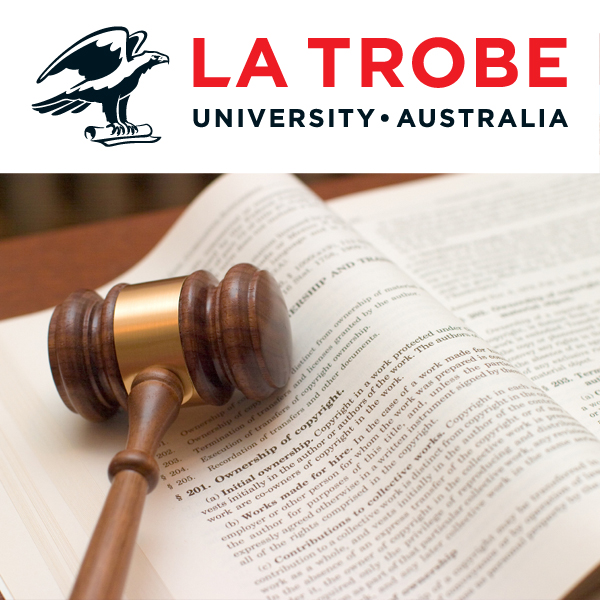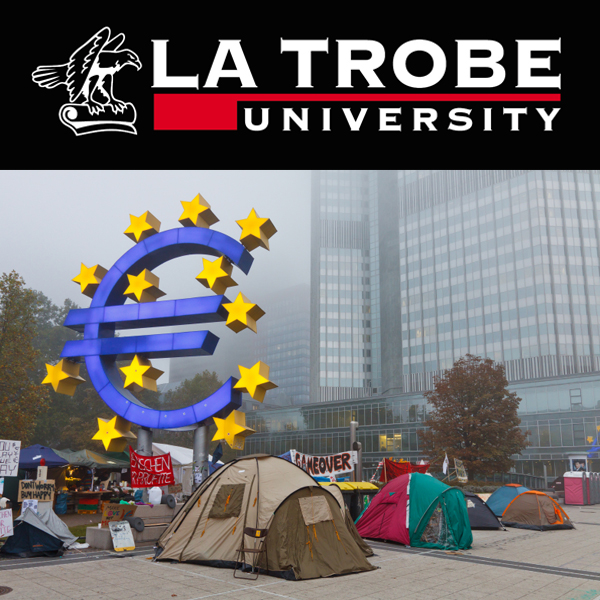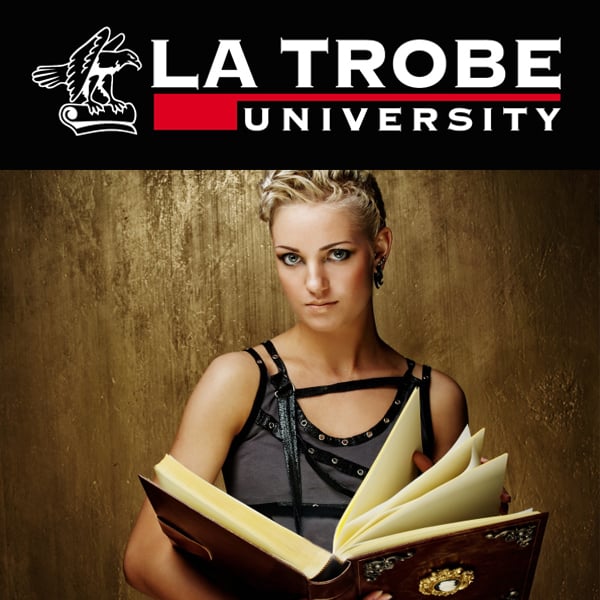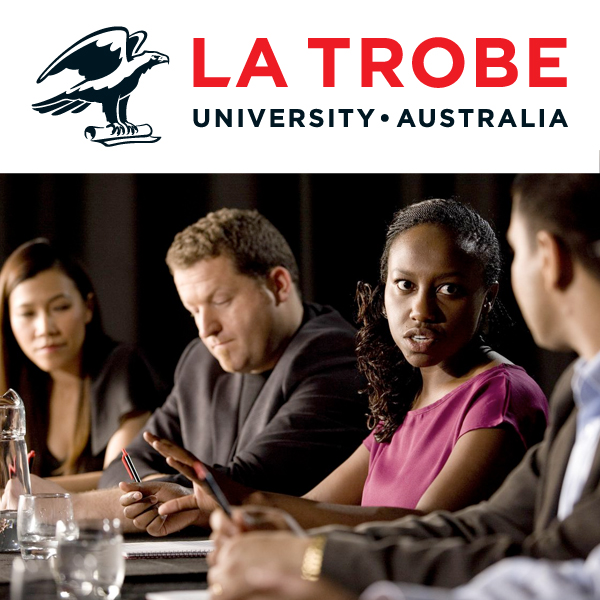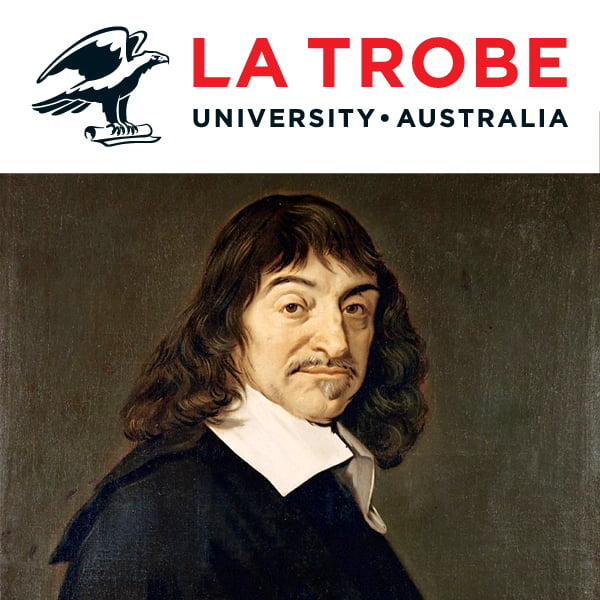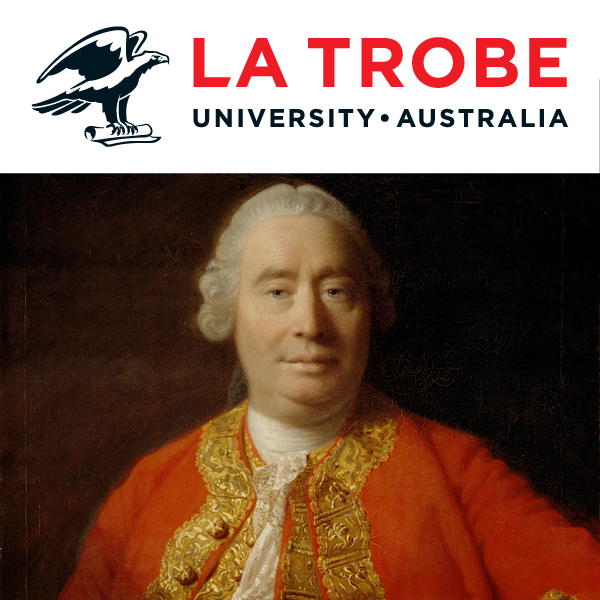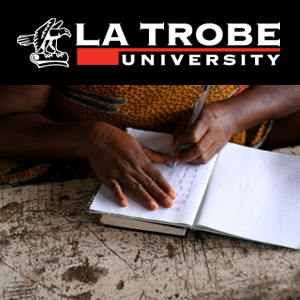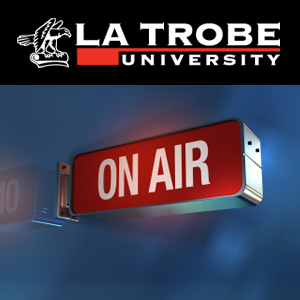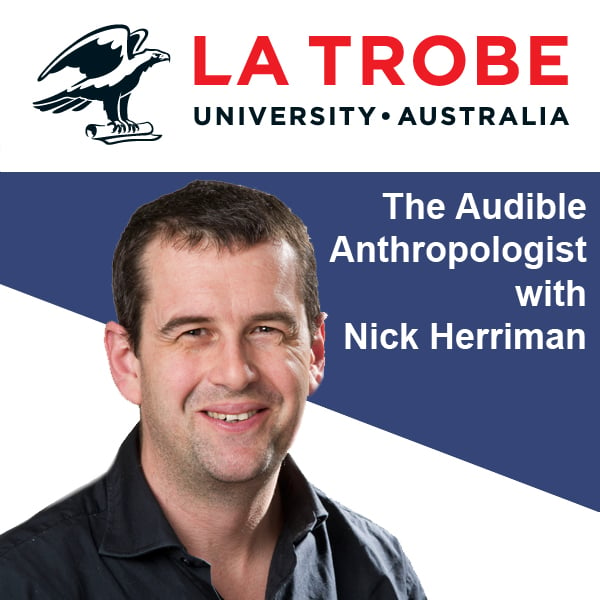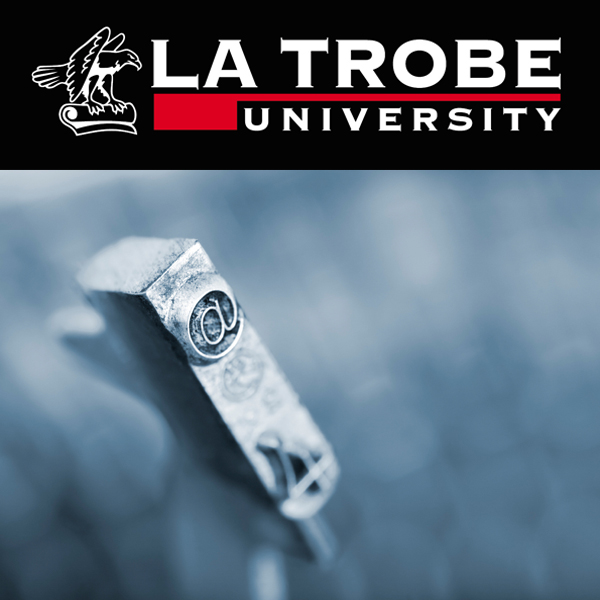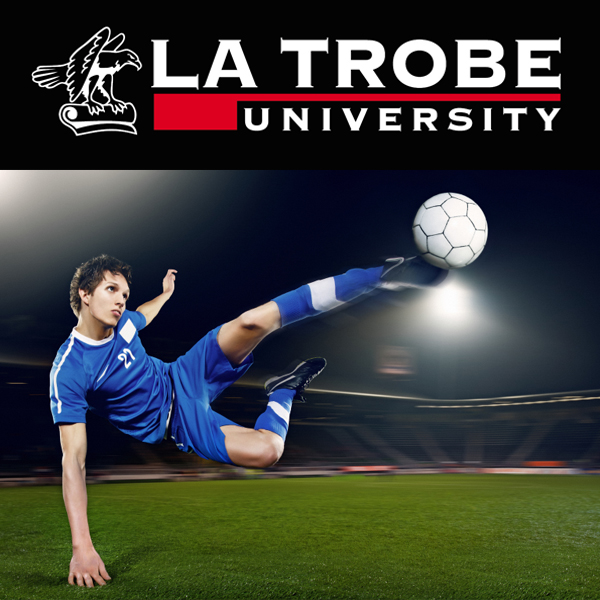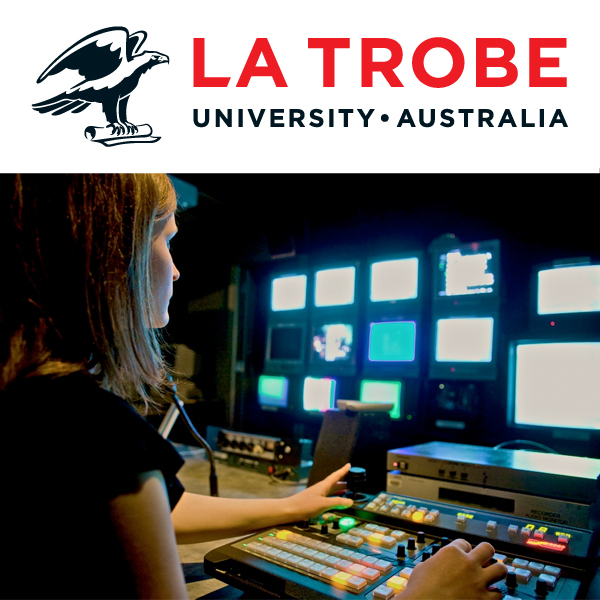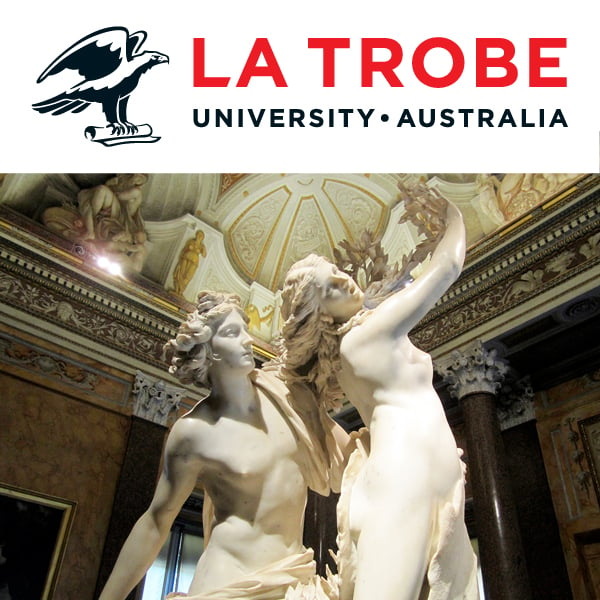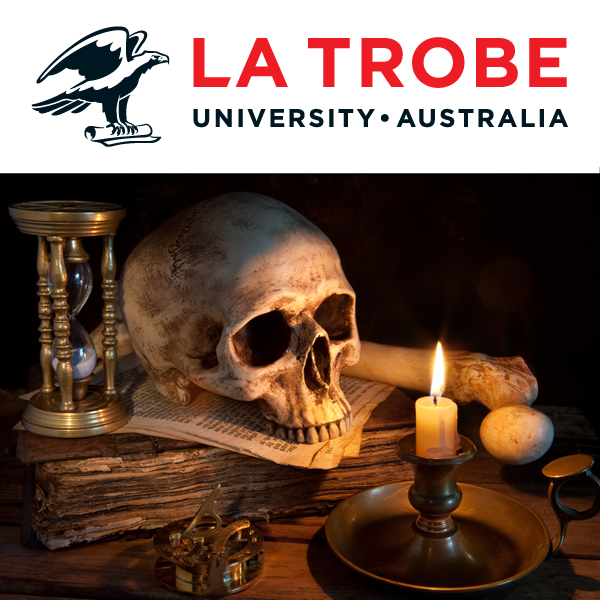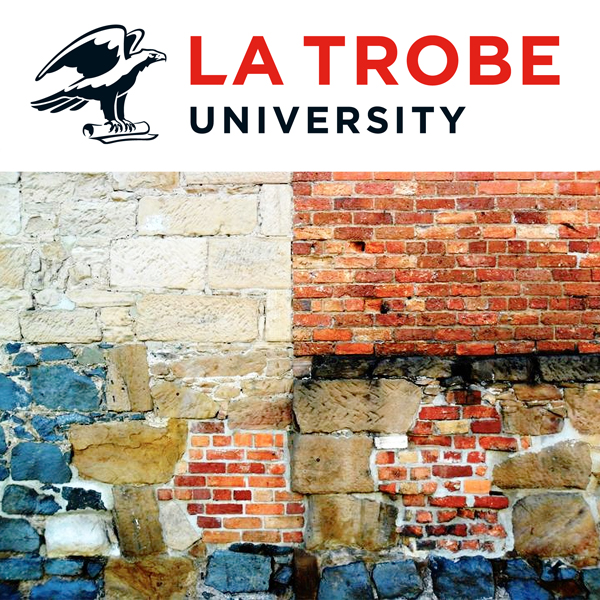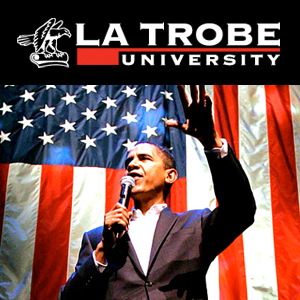La Trobe University
As workplaces become more interactive and interconnected, interviewing skills are becoming more important across a range of vocations. In this subject, students study the processes and skills required for interviewing, focussing on key case studies in literature, print journalism, cinema,...
The Roman World introduces students to the society, literature and art of ancient Rome, through a study of its major historical and literary figures, such as Julius Caesar, Augustus, Nero, Virgil and Ovid. We shall look at Rome’s place in the ancient Mediterranean world, and its connections with...
“Great empires are not maintained by timidity.” - Tacitus. A podcast series looking at the rulers of the ancient Roman empire, by Dr Rhiannon Evans and Matt Smith.
Plant Science focusses on the green, silent, and motionless life forms we take for granted. Plants are amazing organisms. Literally rooted in one spot, they are able to cope with a wide range of environmental conditions, while at the same time using only light, carbon dioxide and water to...
This subject deals with the cultural history of the ancient Greek world through both textual sources and the material evidence of art and archaeology. The period covered runs from the Iron Age world of Archaic Greece through to the late Classical period (roughly from the 8th century to the 4th...
In this subject students study two key regions of Australia's colonial past – the cradle of white settlement in early New South Wales and/or Tasmania, and the Northern Territory, Australia's last frontier - to explore colonial relations and also the recent past. Student-centred enquiry-based...
In this subject we explore Greek and Roman mythology, with particular reference to some core narratives and themes. Greek mythology is very focused around hero myths, and this is a central aspect of our study. Heroes studied in the subject include Heracles, Jason, Perseus, Bellerophon and...
Just two centuries after European settlement, the human impact on the land, massive species extinction, and climate change, pose serious threats to the continent's fragile ecology. Students will consider Australia's early geological history; Indigenous land use; the competing ideas of land and...
In this subject, students study current theories of literature, with a focus on genres relating to children's literature as a form of social practice. Topics covered include critical analysis, traditional story forms, modernist and postmodern picture books, emerging formats, fantasy and realistic...
In this subject, students investigate the development of literature for children from the traditional literatures of myth and legend, folk and fairy tales, through early publishing, to the emergence of genres of adventure, fantasy and realism in the late nineteenth and early twentieth centuries.
Writing for Strategic Communication is a practical subject that provides an overview of the various forms of professional writing in strategic communication. These include writing for websites and blogs, tweeting, newsletter copy, letters and memos, media releases, feature articles and more....
In this subject, students examine the emergence, consolidation and development of Russian state and society in a hitherto 'wild' region in eastern Europe. The formative phase in the political, social and intellectual history of the Tsardom of Muscovy is traced. The focus is on the interplay of...
The Ottoman empire began modestly in the late fourteenth century and soon grew to become a formidable world power, lasting for centuries until its decline and collapse in 1923. This subject will examine the cultural, architectural and political history of the Ottoman Empire from, spanning its...
In this subject students study two key regions of Australia's colonial past – the cradle of white settlement in early New South Wales and/or Tasmania, and the Northern Territory, Australia's last frontier - to explore colonial relations and also the recent past. Student-centred enquiry-based...
What exactly is algebra? How can we find examples of it in everyday life? Dr Marcel Jackson has the answers.
In this subject students are introduced to the diversity of the ancient Greek achievement, which has exercised a fundamental and continuing influence upon later European literature and culture. The subject commences with a detailed treatment of Homer's Iliad and the myth of the Trojan war. This...
There's a lot that isn't understood about the relationship between food and health, and the role it plays in the management of diseases and conditions. These interviews and talks will cover some of these areas.
Podcasts on the discussions of history.
Podcasts on the discussions of drugs, medicines and vaccinations.
The Inland Sea is a documentary web series chronicling a ten-week road trip in Australia. The series is made by Norwegian journalist Steinar Ellingsen as part of a practice-based PhD undertaken at La Trobe University.
The process of European integration has been hailed as ‘the most ambitious and most successful example of peaceful international cooperation in world history’ (Andrew Moravcsik). The interview series critically examines this process through different disciplinary lenses. For example, the common...
Podcasts and videos from the Australian Research Centre for Sex, Health and Society (ARCSHS), which develops research on sexuality and health that, within the context of society, draws on a social model of health and promotes social justice.
Podcasts from the Research Centre for Language Diversity
Autism spectrum disorders (ASDs) are a complex set of conditions that affect more than 1% of children. They are characterised by difficulties in the core areas of social communication and language, accompanied by restricted and repetitive behaviours and interests. These podcasts are material from...
Podcasts on the discussions of Australian history, from Aboriginal Australians to the ANZACs.
Podcasts on the discussions of archaeology. The buildings, utensils and tools of past societies can help archaeologists unlock the secrets of ancient community life. Archaeologists use artefacts and fragments from the past to study the economies, social structure, art and culture of past societies.
Tweets, texts, blogs and chat sites. New communication platforms are affecting our relationship with the written word, both in dominant world languages and endangered and minority languages. Is language standardisation necessary to establish literacy, or do we endanger languages by reducing them...
Podcasts on the discussions of the evolution of animal diversity at individual, population and community levels with a particular focus on animal physiology, ecology and behaviour.
Podcasts on the discussions of the study of plants, the development of more productive, disease resistant food and energy crops and the management of our forest resources.
In this subject we examine some of the central problems that have captivated philosophers throughout millennia, as well as those that scientific advances and cultural changes have only recently brought to our attention. These might include: where did the universe come from? Might a machine think?...
In this introductory subject, students examine legal institutions and practices such as law making and interpretation of laws. The law of contract and its place in commercial law, notably the law of the sale of goods, comprise the body of the unit. Other kinds of civil liability such as fault...
European integration has been hailed as ‘the most ambitious and most successful example of peaceful international cooperation in world history’. In this subject students are introduced to this process and its result, the European Union, through different disciplinary lenses. For example, the...
From Pride and Prejudice to Twilight, Looking for Alibrandi to The Hunger Games, students in this subject will analyse factors affecting the emergence and development of fiction for young adults as a distinctive literature category over the last twenty years. Students will also focus on recent...
Maintaining diversity and ethics practices is important to most businesses who want to gain the loyalty of employees and trust of consumers. These podcasts explain the ethics and diversity issues in the modern workplace. Part of the La Trobe University Masters of Business Administration. Find out...
René Descartes, the ‘father of modern philosophy’ wrote his essay Meditations (published 1641) not long after Shakespeare published the Sonnets (1609). The change from Shakespeare to Descartes represents the shift from the Renaissance to the era of Modernism. The humanism of the Renaissance...
If Descartes is the father of modern philosophy, Hume is the person who gave shape to the contemporary philosophical world. First by querying Descartes' theories about knowledge, and then developing his own modest account of knowledge, and later his theories of ethics and aesthetics.
In this subject, students study current theoretical frameworks for interpreting colonial and postcolonial children's literature and considers a range of evaluative issues entailed in applying these frameworks to different postcolonial texts.
Podcasts on the discussions of the media studies.
Anthropologists study human culture and society. They ask “what it is to be human?”. Anthropologists answer this question by analysing diverse societies to find out what all humans have in common. To undertake this study, anthropologists have a ‘kit’ full of conceptual tools. Join the Audible...
Newspapers and magazines play an important role in economic, political, social and personal life. Focusing primarily on the press in Australia, the United Kingdom and the United States, this subject examines the history of the press, the principles that underlie and inform the press, ongoing...
The aim of this subject is to identify the constraints and opportunities that will affect the ability of sports to survive in an increasingly competitive, global marketplace. Particular emphasis will be placed on examinations of both North American and European professional sports, as well as...
In Broadcast Journalism you will explore the reporter's role in factual production across broadcast and electronic media. Topics covered will include research for audio visual media, writing for radio, television and the internet, interviewing techniques, script editing, and the principles of...
This subject explores Ancient Roman epic poetry, the literary genre which deals with grand mythical narratives involving heroes, gods, war, and love affairs.
Epic was the most prestigious literary form in the ancient world. Roman poets adapted and developed Greek epic, particularly influenced...
In this course, we will use the anthropological approach and methodology to understand witch-hunts and persecution. We start by looking at magic, witchcraft and sorcery and explaining the persistence of related beliefs and practices. As we will see the basic idea of witch persecution is that we...
Place, space and geography in historical and social studies.
Making History aims to give students an understanding of the role and importance of historiography (the particular ‘spin’ or interpretation in history) and an awareness of significant historiographical changes in the discipline of history as a whole.
